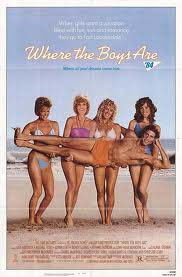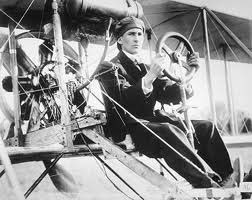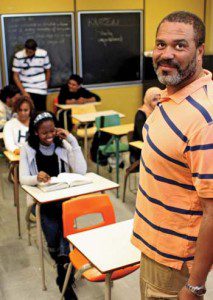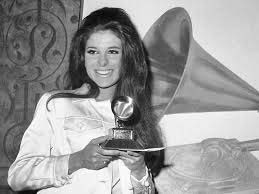A student of mine sent me a distressing e-mail this week.
In it, Caroline George apologized for her absence. She said she’d been distracted. She explained that her sister had been vacationing in Mexico where she was stricken with an asthmatic attack. But because of the apparent outbreak of the so-called swine flu there, the family couldn’t get her sister, Victoria George-Pazzano, onto an air ambulance to fly her home to Canada.
“I was hoping you might be able to help,” Caroline George said.




